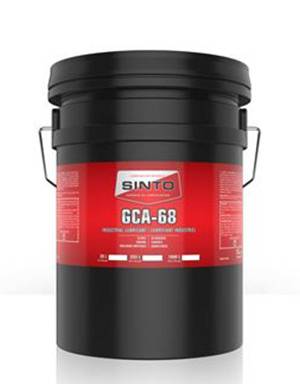12 月 . 04, 2024 16:29 Back to list
carbon steel check valve
Carbon Steel Check Valves Essential Components in Fluid Control Systems
When it comes to fluid control systems, check valves are indispensable components that ensure the proper flow of liquids and gases in various applications. Among the different materials used to manufacture these valves, carbon steel stands out due to its excellent mechanical properties and cost-effectiveness. In this article, we will explore what carbon steel check valves are, their advantages, applications, and maintenance practices.
Understanding Check Valves
A check valve, also known as a non-return valve, is designed to allow the flow of fluid in one direction while preventing reverse flow. This is crucial in many systems where backflow could cause contamination or damage to equipment. Check valves can be categorized into various types, including ball, swing, and diaphragm check valves, and each type has its unique design and operational characteristics.
The Role of Carbon Steel
Carbon steel is an alloy consisting primarily of iron and carbon. Its mechanical properties, including strength, hardness, and ductility, make it a popular choice for manufacturing check valves. In comparison to stainless steel, carbon steel is generally more cost-effective, which is an important factor for large-scale industrial applications. Moreover, carbon steel check valves can withstand high pressures and temperatures, making them suitable for a variety of demanding environments.
Advantages of Carbon Steel Check Valves
1. Cost-Effectiveness The primary advantage of carbon steel is its relatively low cost compared to other materials such as stainless steel or exotic alloys. This affordability allows industries to implement check valves across numerous applications without significantly impacting their budgets.
2. Strength and Durability Carbon steel exhibits high tensile strength, making it capable of withstanding the rigors of high-pressure environments. This durability ensures a longer lifespan for the valve, reducing the need for frequent replacements.
3. Versatility Carbon steel check valves can be utilized in various applications, from water treatment and oil and gas pipelines to chemical processing plants. They are suitable for both commercial and industrial environments, making them a versatile option.
4. Ease of Maintenance Carbon steel check valves are often easier to maintain than their stainless steel counterparts due to their robust nature. Regular inspections and minor repairs can extend their service life, contributing to lower operational costs.
carbon steel check valve

Applications
Carbon steel check valves find applications across a range of industries
- Oil and Gas These valves are pivotal in preventing backflow in pipelines, ensuring the safe transportation of crude oil and natural gas.
- Water Treatment In water distribution systems, carbon steel check valves help maintain the flow direction, preventing contamination and damage to pumps and pipelines.
- Chemical Processing Chemical plants often use check valves to control the flow of corrosive substances. While carbon steel can corrode, appropriate coatings and treatments can enhance its resistance to various chemicals.
- Power Generation In power plants, check valves prevent the backflow of steam and water, ensuring operational efficiency and safety in critical systems.
Maintenance Practices
To ensure the longevity and proper functioning of carbon steel check valves, it is crucial to implement a routine maintenance schedule. Regular inspections should be conducted to check for signs of wear, corrosion, or damage. If any issues are detected, repairs or replacements should be carried out promptly to avoid operational disruptions.
Additionally, proper installation is vital. Check valves should be oriented correctly according to the manufacturer’s specifications to ensure they operate effectively. In environments prone to corrosive agents, applying protective coatings can significantly enhance the valve's lifespan.
Conclusion
Carbon steel check valves are vital components in a myriad of fluid control systems, offering a balance of strength, durability, and cost-effectiveness. Their ability to prevent backflow is essential for maintaining the integrity of various processes across multiple industries. By understanding their advantages, applications, and maintenance needs, organizations can make informed decisions when selecting check valves for their operations. As industries continue to evolve, the demand for reliable and efficient check valves remains a constant, underscoring the importance of materials like carbon steel in modern engineering solutions.
-
Y Type Strainers: A Comprehensive GuideNewsOct.18,2024
-
Understanding Water Valve Options for Your NeedsNewsOct.18,2024
-
Functions and TypesNewsOct.18,2024
-
An Essential Component for Fluid SystemsNewsOct.18,2024
-
Adjustment and ReplacementNewsOct.18,2024
-
Slow Closing Check Valves: A Key Component in Fluid SystemsNewsOct.08,2024
Related PRODUCTS









